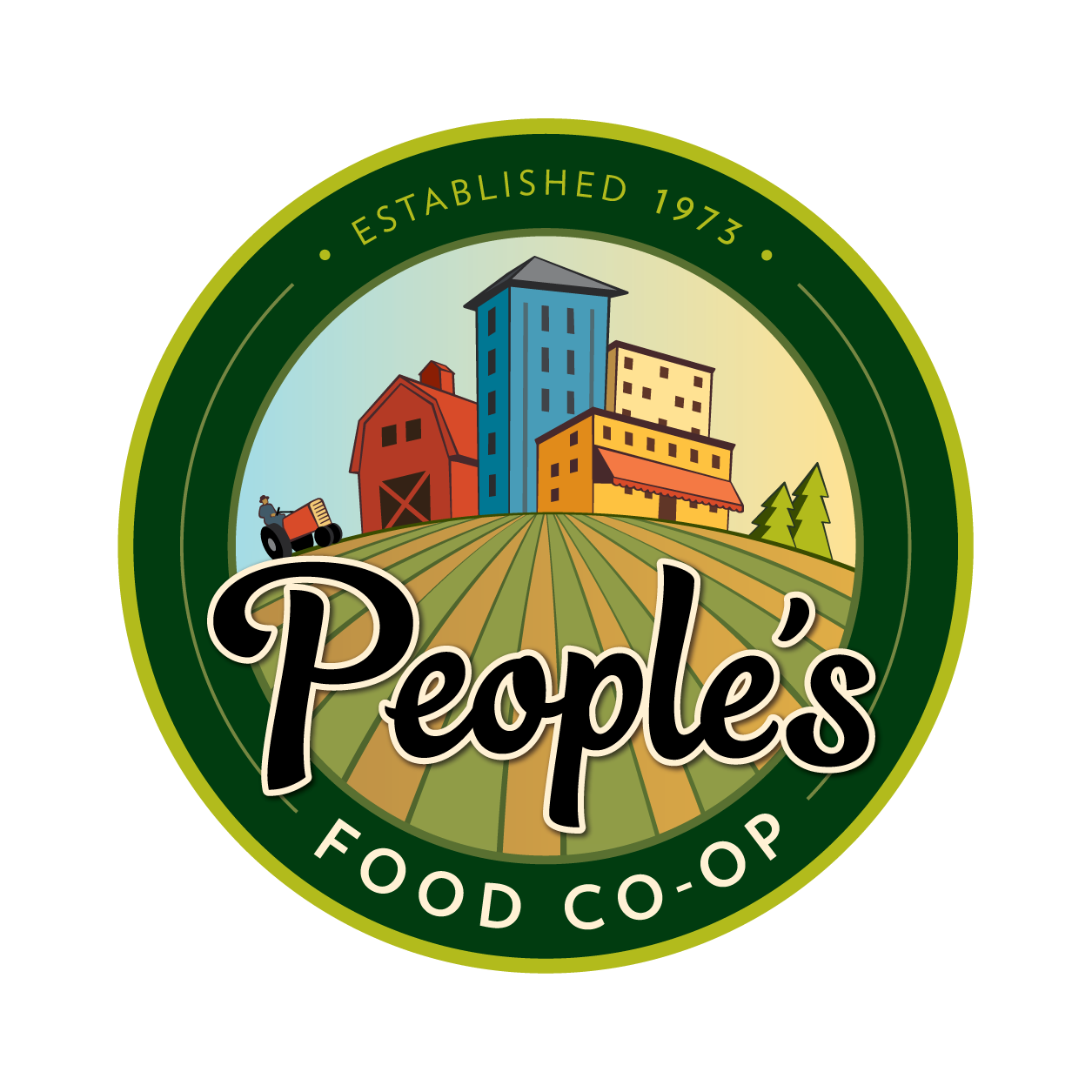Ridgeland Harvest
Image courtesy Ridgeland Harvest.
A rainy day at Ridgeland Harvest, Cate and Mat Eddy’s farm. The fields are too muddy to cultivate, but work goes on in the hoop houses. Two fields are out of production because of this year’s heavy rains. Mat wonders out loud if they might not just keep it in grass this year and put in blueberries and apples—perennial crops that would handle the increased rain events of Southwest Wisconsin.
Cate comes in from the field, stripping off raincoat and galoshes, before sitting down at the kitchen table. “Everything’s on the verge right now,” she says. “Summer crops are gushing off the plants. Tomatoes and beans, peppers and eggplants.”
“This is an exciting time of year,” Cate says. “Garlic harvest was done last week; next crop is onions. After so many years of doing this work you stop worrying about schedules; you become a better listener. The vegetables will tell you when they’re ready.”
Early days
Cate and Mat bought the farm in 2001 and were certified organic in 2004. They never considered conventional farming. “I was leery of big agribusiness, really,” Mat says. “I didn’t trust a big chemical company that tells me some product is ‘safe.’”
They joined a food co-op in college at UW–Steven’s Point in the early ’90s and then Cate went to work for Tipi Produce and organic farmer Steve Pincus in the Madison area. “Steve was passionate about chemicals,” Cate remembers. “He’d be out yelling at the neighbor guys spraying in the field next door. And I’d be thinking, ‘wow, he’s really concerned about that.’ Most of the people I worked with at Tipi went on to own their own farms.”
The Eddys moved to Cashton in 2000 and Mat went to work for the county while Cate worked for Harmony Valley Farm for a few years. Mat remembers former PFC produce worker Roger Bertsch helped them get started with their own farm. “Roger could tell us stuff like how many beets you put in a bunch,” Cate says. “I’d feel comfortable asking questions like that.”
“People’s Food Co-op bought our first produce,” Mat remembers.
Carrot Kings
Ridgeland is known for their sweet carrots. They’re cagey about their secret, though. Mat says that they had the carrots tested for sugar, and the brix content showed they were 4 to 5 points sweeter than other producers’ carrots. “But I don’t know what the secret is,” Mat says. “I wish I did; I’d write a book.”
Cate chalks it up to experience: she weeded a lot of carrots at Tipi Produce (another farm celebrated for its carrot crop). “We do a lot of crop rotation,” Cate notes. “It could be the soil. ”
“And everything’s done by hand,” Mat adds. “We hand-harvest and hand-sort.”
Future shock
Besides supplying PFC and other grocery co-ops with produce, Ridgeland Harvest provides produce for 350 CSA members. That’s a decrease in CSA subscribers over the last couple of years by over a hundred members. “The consumer now has so many choices when they decide how to get their food,” Cate says. They may have lost some CSA subscribers to online ordering services, such as Blue Apron, but as Mat notes, their core customers probably aren’t going online to shop.
“Community interaction is key,” Cate says. “Do we want society to continue to isolate people? I remain optimistic that people want connection. They want to know where their food comes from.”
This article originally appeared in the September/October 2017 issue of the Co-op Shopper.

